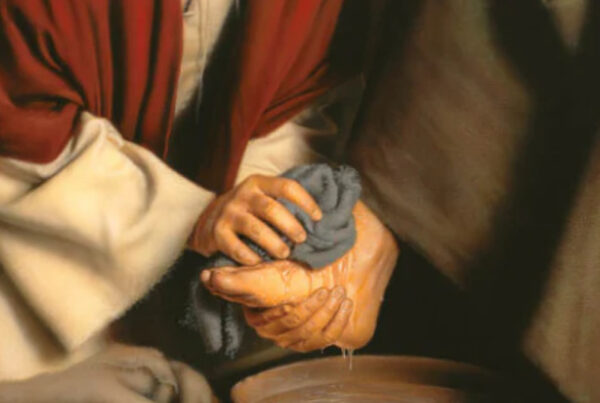Book of Micah: Introduction
The book begins with a personal introduction by Micah the prophet, “The word of the Lord that came to Micah the Moresheth in the days of Jotham, Ahaz, and Hezekiah, the kings of Judah, which he saw concerning Samaria and Jerusalem” (Micah 1:1). Micah was a contemporary of Isaiah and Hosea, he wrote during the stormy period marking the expansion of the Assyrian empire and the decline of Israel. Micah predicted the fall of the Northern Kingdom of Israel to the Assyrian empire (1: 5-7) and foretold the inevitable devastation of Judah (1:9-16). His message primarily focused on social and religious conditions prior to the reforms under King Hezekiah. Three significant historical events occurred during this period. In 734-732 BC Tiglath-Pileser III of Assyria led a military campaign against Aram (Syria), Philistia, and part of Israel and Judah. Judah, Ammon, Edom, and Moab paid tribute to the Assyrian king; but, the Northern Kingdom of Israel lost most of its territory, including the area around Galilee. In 722-721 BC during the reigns of Ahaz and Hezekiah, Samaria fell; and the Northern Kingdom of Israel was conquered by Assyria. In 701 BC, Judah joined a revolt against Assyria and was inundated by King Sennacherib and his army; although Jerusalem was spared. Babylon was not yet a great world power; and no one knew but God, that Assyria would one day be replaced by the Babylonian Empire. In spite of Hezekiah’s reforms, Judah decayed spiritually and morally during the next century; and in 586 BC, the Babylon Empire destroyed Jerusalem and took her people captive.
Micah is classified as a “minor” prophet, as compared with Isaiah; but his message is no less significant. He relied on God to give him discernment concerning the changes taking place in Israel and Judah; as well as the international scene (Samaria and Babylon). He dealt courageously with the sins of God’s people and other nations. His uncompromising message focused on the certainty of judgment and consequences of sin. His message provided assurance of God’s goodness; but, contained a warning of coming judgment. He reminded Israel that because God is a holy, God must discipline His children. In our pluralistic society, some tele-evangelists and preachers try so hard to be politically correct that they provide no message at all. Others lack insight into the world around them, often failing to connect to those around them; and as a result the message is not received. Not Micah. He stepped forward during a time period when violence and hatred, greed, total disregard for human life, and yes, even the oppression of the poor and weak in society was rampant. His message clearly addressed the issues of his day, while providing hope for the future. Likewise, we should always be prepared to give an answer to anyone who wants the reason for the hope within us, with gentleness and respect (1 Peter 3:14-16).
Micah received three messages from the Lord to deliver to the people in hope they would abandon their idolatry and return to sincere faith and trust in the Lord. Each message began with the word, “hear” or “listen”. His first message (Micah 1:1-2:13) was a warning that judgment was coming on both Judah and Israel (Samaria). His second message focused on the nation’s leaders for their sinful conduct that God would ultimately judge (3:1-12). Despite the coming judgment, Micah provided hope for a future through the events that would lead to the coming of the Messiah, Jesus Christ (chapters 4-5). The final message (chapters 6-7) was a challenge to trust the Lord and obey God’s will for their lives; for only then could they escape judgment and fulfill His purposes for them. Micah describes some of the worst sins against God and humanity, which can be found in the world’s newspapers. As you read Micah, I hope you don’t miss God’s promise to them (and us) that forgiveness and restoration to God and the strength to endure the consequences of sin, are only a prayer away. “If we confess our sins, he is faithful and just and will forgive us our sins and purify us from ALL unrighteousness” (1 John 1:9).
Key Verses:
“Who is a God like you, who pardons sin and forgives the transgression of the remnant of his inheritance? You do not stay angry forever; but delight to show mercy. You will again have compassion on us; you will tread our sins underfoot and hurl all our iniquities into the depths of the sea.” ~ Micah 7:18-19
Question to ponder:
- As a minor prophet, how does Micah’s role as prophet already feel like he is already carrying a heavy load to the people?


